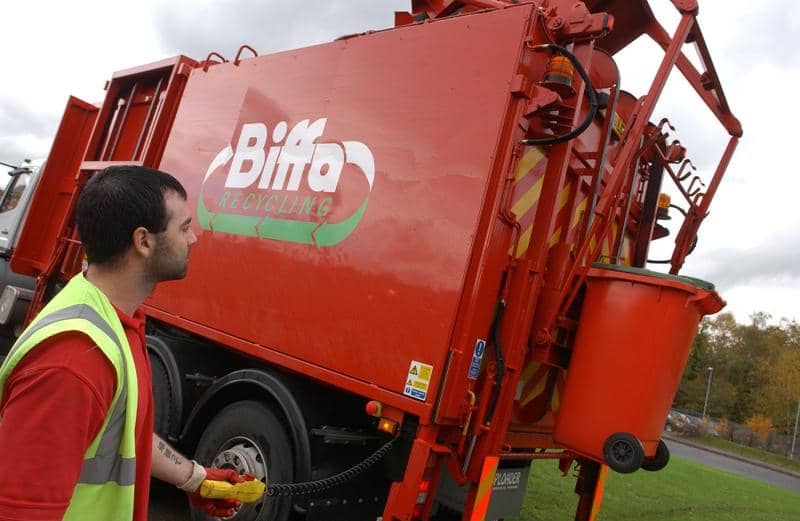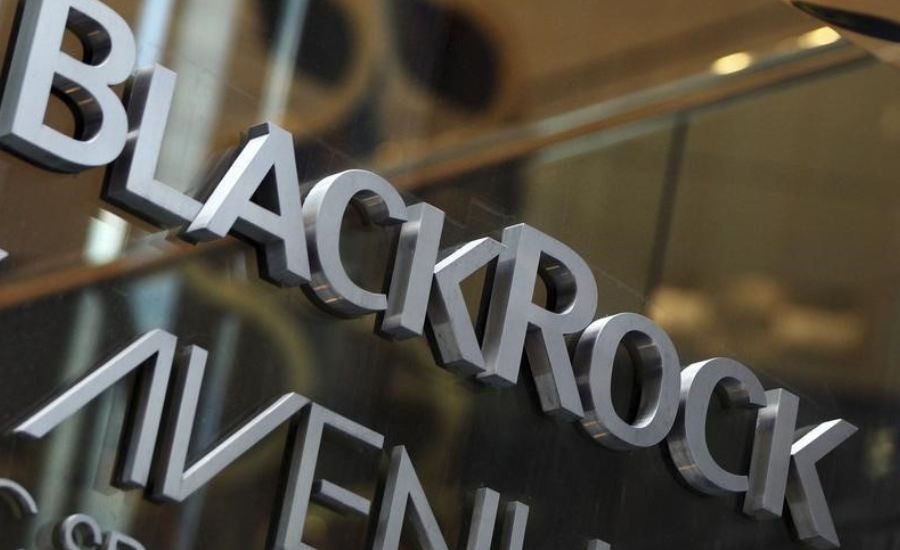GIC and Biffa: A Deep Dive into Strategic Investments and Environmental Solutions
The global economy is increasingly driven by innovative partnerships and strategic investments. One prime example of this trend is the acquisition of Biffa, a leading UK waste management company, by GIC (Government of Singapore Investment Corporation), one of the world’s largest sovereign wealth funds. This transaction not only illustrates the growing importance of environmental, social, and governance (ESG) concerns in investment decisions but also highlights the significance of waste management in building sustainable and circular economies.
This article explores the key players in this acquisition—GIC Biffa—and delves into the strategic importance of the waste management sector, as well as the broader implications of this deal for both companies and the global economy.
Part 1: Understanding GIC
Overview of GIC
GIC is a sovereign wealth fund established by the Singaporean government in 1981. It manages Singapore’s foreign reserves with a primary focus on ensuring long-term sustainable returns. GIC is known for its global, diversified investment strategy, with portfolios that span across asset classes, including equities, fixed income, real estate, infrastructure, and private equity. Over the years, GIC has gained a reputation for being a prudent, long-term investor with a strong focus on value creation and sustainability.
As of recent estimates, GIC manages assets worth over $700 billion, making it one of the world’s largest and most influential sovereign wealth funds. With its headquarters in Singapore, GIC has a global presence, with offices in key financial hubs like New York, London, Beijing, and Tokyo.
GIC’s Investment Strategy
GIC’s investment strategy is characterized by a focus on long-term value creation, with sustainability and risk management being central tenets of its philosophy. As a sovereign wealth fund, GIC has a mandate to preserve and enhance the purchasing power of Singapore’s reserves for future generations. This long-term perspective allows GIC to invest in companies and sectors that may have higher upfront risks but offer substantial potential for returns over time.
GIC has increasingly embraced ESG principles in its investment approach. Recognizing the growing importance of sustainability in the global economy, GIC has made significant investments in sectors such as clean energy, green infrastructure, and waste management. This focus on sustainable investments aligns with global trends toward combating climate change and fostering a more circular economy.
GIC’s Role in the Global Economy
GIC’s role in the global economy cannot be understated. As a large institutional investor, GIC not only provides capital to companies and projects but also influences corporate governance and business strategies. By focusing on long-term value and sustainability, GIC helps drive responsible business practices and encourages companies to align their goals with broader societal objectives, such as reducing carbon emissions, promoting diversity, and improving governance.
The acquisition of Biffa by GIC represents a strategic investment in a sector that is critical to the sustainability agenda. Waste management, recycling, and resource recovery are increasingly seen as essential components of the global effort to reduce environmental degradation and build sustainable economies.
Part 2: Biffa – A Leader in Waste Management
Overview of Biffa
Biffa is one of the largest and most prominent waste management companies in the UK. With a history that dates back over 100 years, Biffa has established itself as a leader in the waste management and recycling industry. The company provides a wide range of services, including waste collection, recycling, treatment, and disposal for both industrial and residential customers.
Biffa plays a crucial role in the UK’s waste management infrastructure, serving millions of households and thousands of businesses.
Biffa’s Services and Operations
Biffa’s business is divided into several key segments:
- Collections: Biffa provides waste collection services to businesses and local authorities across the UK. This includes general waste collection, recycling services, and the management of specialized waste streams such as hazardous materials and food waste.
- Resources & Energy: Biffa is heavily involved in the recycling and resource recovery sectors. The company operates material recovery facilities that process recyclable materials like paper, glass, metals, and plastics. Biffa also converts waste into energy through its energy-from-waste plants, which help reduce the reliance on landfills while generating renewable energy.
- Landfill and Disposal: While landfill use has declined in recent years due to increased recycling efforts and government policies aimed at reducing waste, Biffa still operates several landfills across the UK. These landfills are used for the disposal of non-recyclable waste in a safe and environmentally friendly manner. The company also manages landfill gas, which is captured and converted into electricity.
- Consulting Services: Biffa offers consulting services to help businesses and local authorities manage their waste more efficiently. This includes advising on waste reduction strategies, improving recycling rates, and implementing sustainable waste management practices.
Biffa’s Commitment to Sustainability
Sustainability is at the heart of Biffa’s operations. The company is committed to reducing its environmental impact and helping its customers do the same. Biffa’s sustainability strategy is focused on increasing recycling rates, reducing greenhouse gas emissions, and supporting the transition to a circular economy.
Biffa has made significant investments in its recycling infrastructure, enabling it to process millions of tons of recyclable materials each year. The company is also committed to reducing the amount of waste sent to landfills and is actively involved in developing alternative waste management solutions, such as energy-from-waste technology.
In recent years, Biffa has set ambitious targets for reducing its carbon footprint. The company has pledged to achieve net-zero carbon emissions by 2050, aligning itself with the UK government’s climate goals. To achieve this, Biffa is investing in renewable energy projects, electrifying its vehicle fleet, and improving the energy efficiency of its operations.
Part 3: The GIC-Biffa Deal and Its Strategic Implications
Details of the Acquisition
In 2022, GIC acquired Biffa in a deal valued at approximately £1.3 billion (about $1.6 billion). The acquisition marked a significant milestone for both companies. For GIC, the acquisition of Biffa was a strategic move into the waste management sector, which is poised for growth as sustainability and circular economy practices become increasingly important globally. For Biffa, the deal provided access to GIC’s extensive resources and global expertise, which would support the company’s continued growth and expansion.
Strategic Rationale for GIC
The GIC-Biffa deal highlights GIC’s interest in investing in sectors that are critical to addressing global environmental challenges. Waste management is an essential component of the circular economy, and companies like Biffa play a crucial role in reducing waste, promoting recycling, and managing resources more efficiently.
From a strategic perspective, the acquisition of Biffa aligns with GIC’s broader ESG-focused investment strategy. As governments and businesses around the world work to reduce their environmental impact, demand for waste management and recycling services is expected to grow. By acquiring Biffa, GIC positioned itself to benefit from this trend while also contributing to the global effort to build more sustainable economies.
In addition to the environmental benefits, GIC saw significant financial opportunities in Biffa. The waste management sector is relatively stable, with steady demand for its services. This makes it an attractive investment for a long-term investor like GIC, which seeks to generate sustainable returns over time.
Impact on Biffa
The acquisition by GIC provided Biffa with the resources and support needed to accelerate its growth and expansion. As a privately held company, Biffa would have greater flexibility to invest in new technologies and infrastructure, expand its operations, and pursue strategic acquisitions.
One of the key areas where Biffa is likely to benefit from GIC’s backing is its investment in green technologies. GIC’s financial resources and global network will enable Biffa to invest in cutting-edge waste management solutions, such as advanced recycling technologies and renewable energy projects. This, in turn, will help Biffa further reduce its environmental impact and enhance its sustainability credentials.
Part 4: The Broader Implications of the GIC-Biffa Deal
ESG and the Role of Institutional Investors
The GIC-Biffa deal underscores the growing importance of ESG factors in investment decisions. As institutional investors like GIC increasingly prioritize sustainability, companies in sectors like waste management are gaining more attention.
Institutional investors have the power to drive positive change by directing capital toward companies that prioritize ESG concerns. In the case of GIC’s acquisition of Biffa, the deal reflects GIC’s commitment to sustainability and its recognition of the importance of waste management in the transition to a circular economy.
The Future of Waste Management
The waste management sector is undergoing significant changes as governments, businesses, and consumers become more conscious of environmental issues. Policies aimed at reducing waste, promoting recycling, and cutting carbon emissions are driving demand for more sustainable waste management solutions.
The company’s commitment to innovation and sustainability, combined with GIC’s resources and expertise, will enable it to continue playing a leading role in the UK




Post Comment